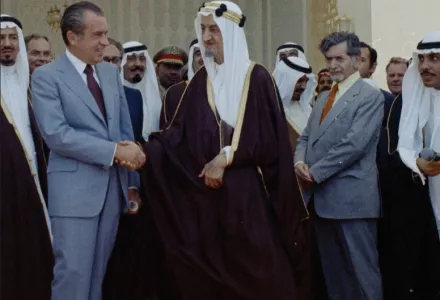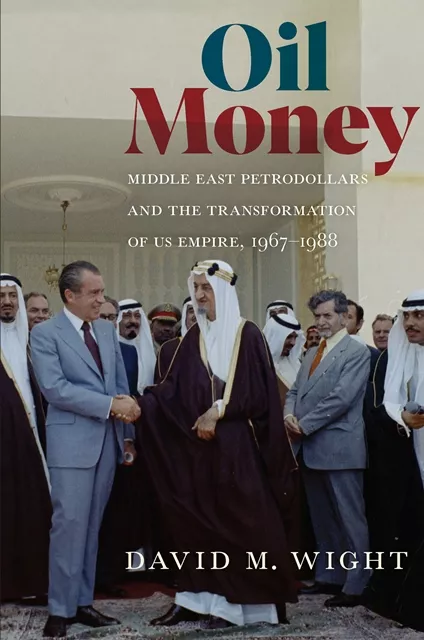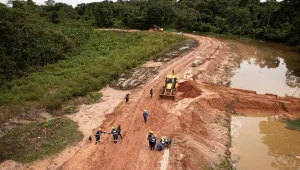Speaker: David M. Wight, Visiting Assistant Professor, Department of History, University of North Carolina at Greensboro
Dr. David M. Wight will discuss his book Oil Money, which offers a new framework for understanding the course of Middle East–U.S. relations during the 1970s and 1980s: the transformation of the U.S. global empire by Middle East petrodollars. During these two decades, American, Arab, and Iranian elites reconstituted the primary role of the Middle East within the global system of U.S. power from a supplier of cheap crude oil to a source of abundant petrodollars, the revenues earned from the export of oil.
In the 1970s, the United States and allied monarchies, including the House of Pahlavi in Iran and the House of Saud in Saudi Arabia, used petrodollars to undertake unprecedented joint initiatives for mutual economic and geopolitical benefit, including multibillion-dollar development projects, arms sales, purchases of U.S. Treasury securities, and funds for the mujahedin in Afghanistan. Yet while petrodollar ties often augmented the power of the United States and its Middle East allies, they also fostered economic disruptions and state-sponsored violence that drove many Americans, Arabs, and Iranians to resist Middle East–U.S. interdependence, most dramatically during the Iranian Revolution of 1979.
Integrating diplomatic, transnational, economic, and cultural analysis, Oil Money provides an expansive yet judicious investigation of the wide-ranging and contradictory effects of petrodollars on Middle East–U.S. relations and the geopolitics of globalization.
Everyone is welcome to join us online via Zoom! Please register in advance for this seminar:
https://harvard.zoom.us/meeting/register/tJYvdeuprDgjHtBXnMPUS-FwCo1LlJklN1JX





